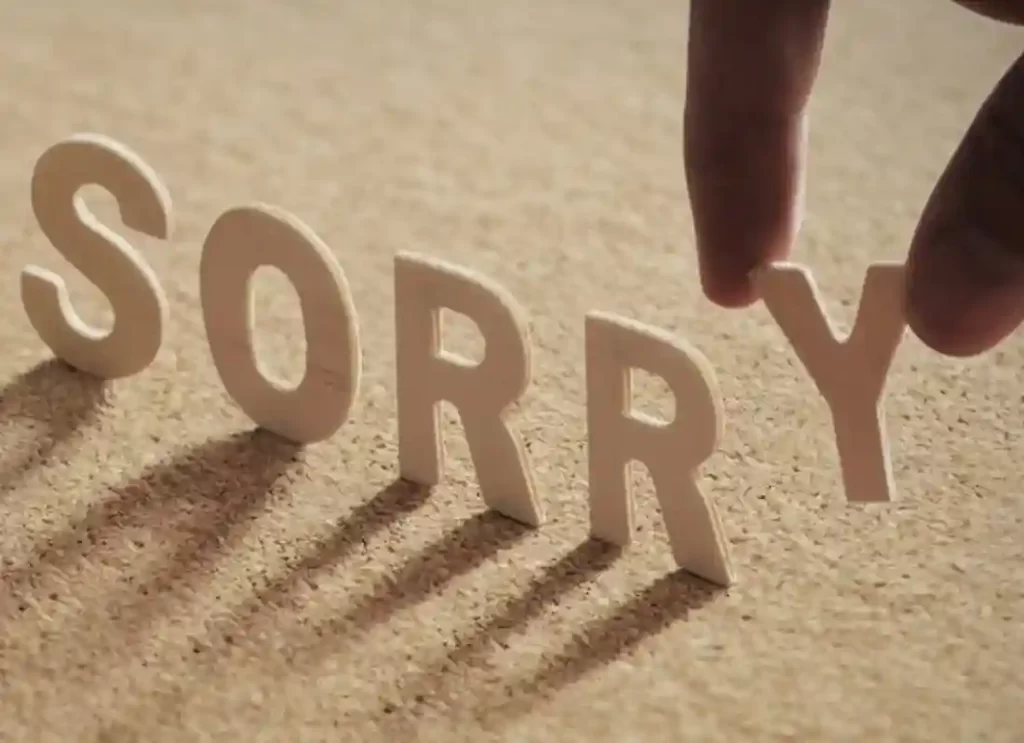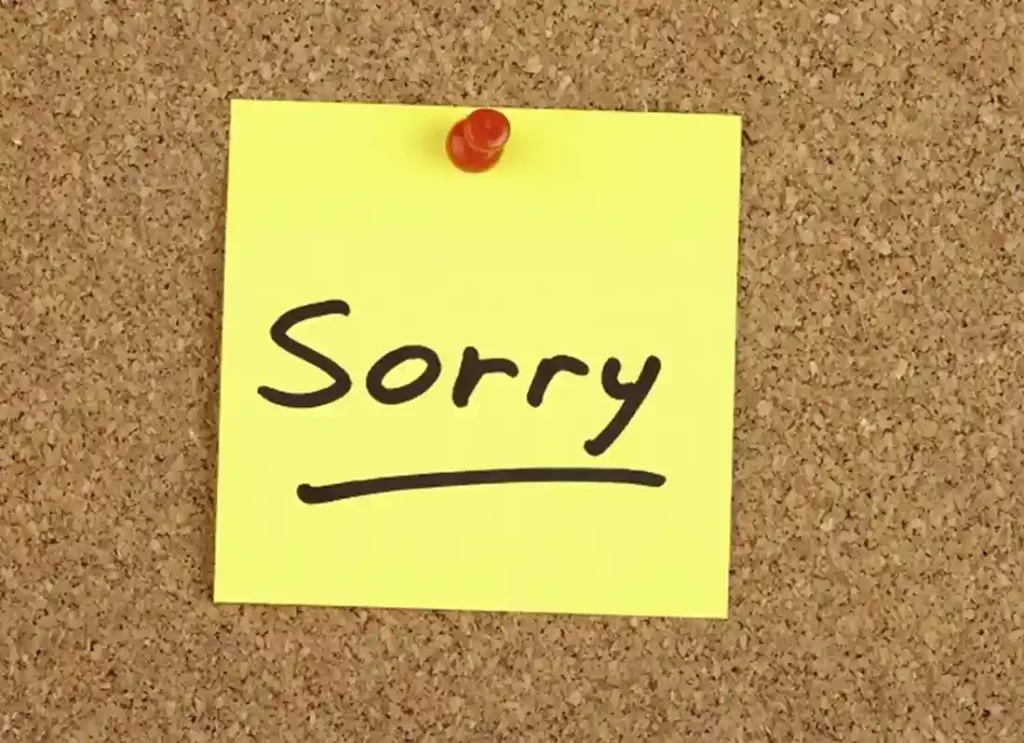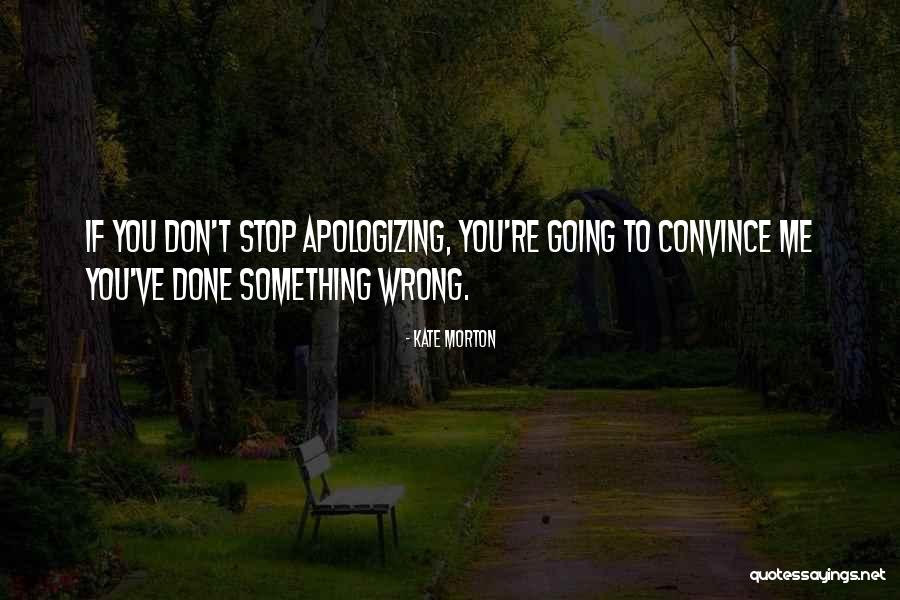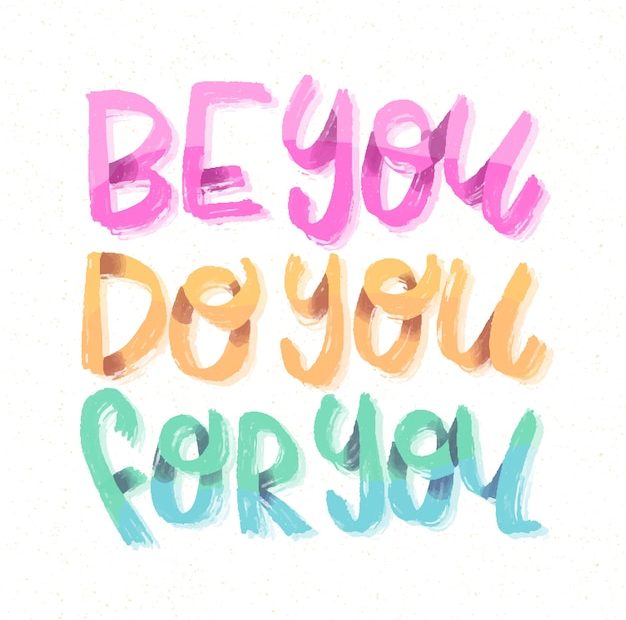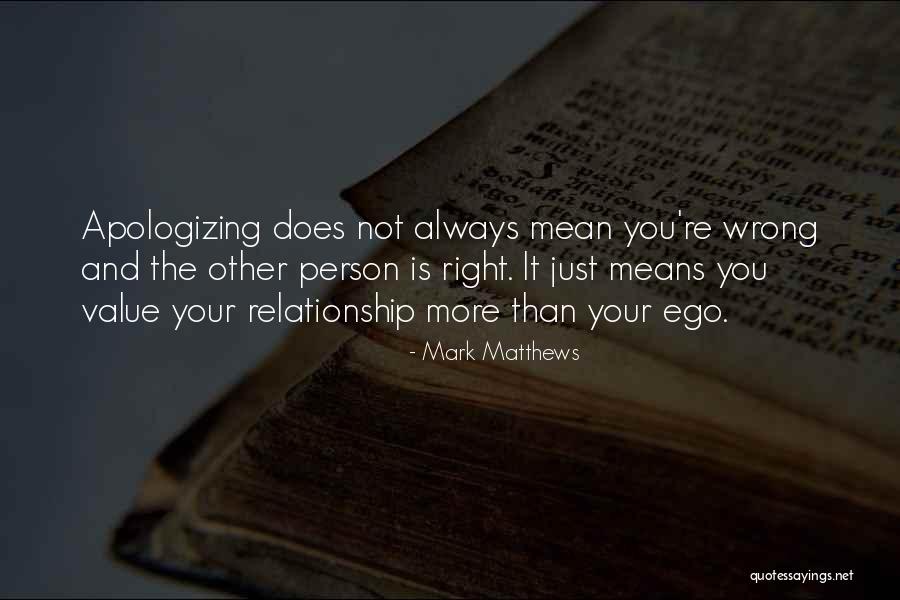Apologizing When You Did Nothing Wrong
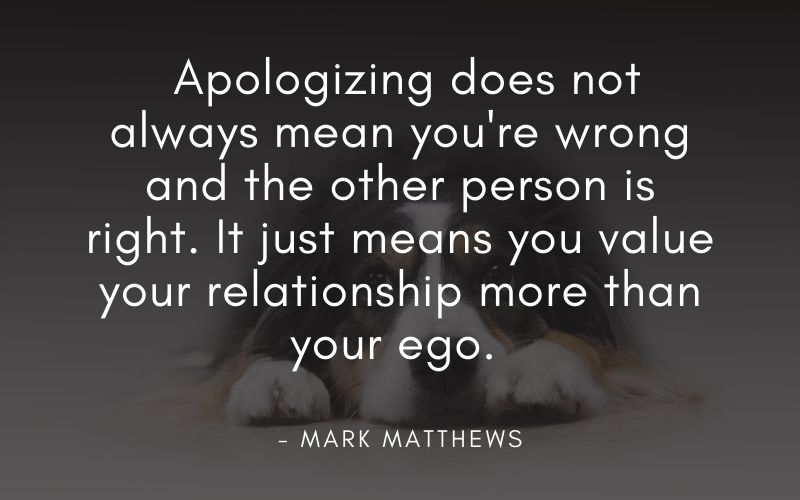
The air hung thick with unspoken tension. Sarah watched, helpless, as her friend, Maria, navigated a fraught conversation with her overbearing boss. Maria, a beacon of competence and kindness, was being unjustly blamed for a minor project delay. Yet, instead of defending herself, Maria offered a soft apology, a subtle placating gesture aimed at diffusing the situation and preserving the peace.
This scenario, disturbingly common in workplaces, families, and social circles, highlights the complex and often misunderstood phenomenon of apologizing when you've done nothing wrong. It’s a nuanced dance of emotional intelligence and strategic communication, a tightrope walk between self-respect and maintaining harmonious relationships.
Understanding the 'Sorry' Reflex
So, why do we do it? Why do we utter those two little words, "I'm sorry," even when we bear no responsibility for the situation? The reasons are manifold, stemming from deeply ingrained social conditioning and the inherent human desire for connection.
Often, it boils down to de-escalation. According to a 2010 study published in the Journal of Psychological Science, offering an apology, even an insincere one, can significantly reduce anger and promote forgiveness in the aggrieved party.
The Roots of People-Pleasing
For some, the tendency to apologize stems from a deeply rooted desire to please others. This is particularly prevalent in individuals who identify as people-pleasers, often characterized by a need for external validation and a fear of conflict.
These individuals may have learned early in life that apologizing, even for things beyond their control, is a way to avoid disapproval and maintain relationships, explains Dr. Anna Johnson, a relationship psychologist.
Cultural and Gendered Expectations
Cultural norms also play a significant role. In many societies, politeness and deference are highly valued, particularly in hierarchical structures. Apologizing, even when unwarranted, can be seen as a sign of respect and humility.
Interestingly, research suggests that women are often socialized to apologize more frequently than men, a pattern attributed to societal expectations of female submissiveness and a greater emphasis on maintaining social harmony.
The Art of Strategic Apology
While excessive and indiscriminate apologizing can erode self-esteem and project an image of weakness, there are instances where offering a carefully crafted apology, even without fault, can be a powerful tool for building bridges and resolving conflict.
This strategic apology isn't about admitting guilt; it's about acknowledging the other person's feelings and expressing empathy. "I understand you're frustrated," or "That sounds incredibly difficult," can diffuse tension without compromising your integrity.
Brené Brown, renowned researcher and author, emphasizes the importance of empathy in these situations. Offering a statement of understanding, Brown argues, can be far more effective than a hollow apology.
Finding the Balance
The key lies in finding a balance between maintaining your boundaries and fostering positive relationships. Learning to differentiate between genuine remorse and the impulse to placate is crucial.
Consider whether apologizing will genuinely improve the situation or simply perpetuate a cycle of self-blame. Sometimes, a simple acknowledgment of the other person's feelings is sufficient.
Learning to assert yourself respectfully, setting clear boundaries, and communicating your needs assertively are essential steps in breaking free from the habit of unnecessary apologies. According to a study by the National Institutes of Health, practicing mindfulness can significantly improve self-awareness and emotional regulation, helping individuals navigate complex social situations with greater confidence and clarity.
Ultimately, the decision to apologize, or not to apologize, is a personal one. It requires careful consideration of the context, the individuals involved, and your own emotional well-being. It is about developing emotional intelligence, a delicate balance between compassion and self-respect.
As Sarah watched Maria walk away, she realized that sometimes, the strongest act of kindness is not apologizing, but rather, standing firm in your own truth.





